How AI Is Changing SEO in 2024: Strategies for Better Rankings
As we advance through 2024, artificial intelligence (AI) continues to reshape various aspects of digital marketing, with SEO being a major beneficiary. AI’s integration into SEO strategies offers unprecedented opportunities for improving search rankings and enhancing user experience. In this post, we will explore how AI is transforming SEO, delve into key trends, and provide actionable strategies to leverage AI for better rankings.
Introduction
Artificial intelligence has become a pivotal force in SEO, driving innovation and change across the industry. With AI algorithms becoming more sophisticated, understanding how they influence search engine optimization is crucial for staying competitive. The evolution of AI presents both opportunities and challenges for SEO professionals, necessitating a deep dive into its impact and how to adapt effectively.
The Evolution of AI in SEO
AI-Powered Search Algorithms

AI has revolutionized search algorithms, making them more intuitive and capable of understanding complex user queries. Search engines like Google have incorporated AI technologies such as RankBrain and BERT (Bidirectional Encoder Representations from Transformers). RankBrain, for instance, uses machine learning to interpret and process search queries more effectively, enhancing the relevance of search results. BERT, on the other hand, improves the understanding of the context of words in a search query, allowing for more accurate and contextually relevant results.
These AI-powered algorithms analyze user intent with remarkable precision, leading to more personalized and relevant search outcomes. For SEO professionals, this means optimizing content to align with the nuanced interpretations of these algorithms, focusing on providing high-quality, contextually relevant information that meets user needs.
The Role of Machine Learning in SEO
Machine learning, a subset of AI, plays a significant role in enhancing various aspects of SEO. Machine learning algorithms analyze vast amounts of data to identify patterns and predict future trends. This capability is particularly useful for keyword research, where machine learning can uncover emerging trends and suggest high-impact keywords.
Predictive analytics, powered by machine learning, helps SEO professionals anticipate shifts in search behavior and adjust strategies accordingly. By leveraging machine learning tools, marketers can stay ahead of the curve and optimize their content based on predictive insights, ensuring continued relevance in search results.
Key AI Trends Impacting SEO in 2024
Enhanced Search Intent Understanding
AI’s ability to interpret search intent has dramatically improved, allowing search engines to deliver more accurate results. AI algorithms analyze the context and semantics of user queries, providing results that better align with user needs. For example, a query about “best practices for content marketing” might return results that focus on comprehensive strategies, rather than just keyword-focused articles.
Case studies show how AI-enhanced search engines can distinguish between different user intents, such as informational versus transactional queries. This advancement underscores the importance of creating content that addresses specific user intents and provides valuable information tailored to different stages of the buyer’s journey.
AI and Content Creation
AI is transforming content creation with tools that generate, optimize, and enhance content. AI-powered content generators can produce high-quality articles, blog posts, and product descriptions based on user inputs and historical data. However, while AI tools can streamline content creation, integrating human insights is crucial for maintaining originality and relevance.
AI tools such as GPT-4 can assist in drafting content, suggesting keywords, and improving readability. However, combining AI capabilities with human creativity ensures that content remains engaging and aligned with brand voice. This synergy between AI and human input can enhance content quality and effectiveness, leading to better SEO performance.
Personalization and User Experience
AI-driven personalization is a key trend shaping SEO in 2024. AI algorithms analyze user behavior, preferences, and interactions to deliver personalized search results and recommendations. For instance, AI can tailor search results based on a user’s previous searches, location, and browsing history, enhancing the relevance and effectiveness of the search experience.
Improving user experience through AI involves leveraging data-driven insights to optimize website design, content layout, and navigation. Personalized experiences lead to higher engagement and satisfaction, which can positively impact search rankings. SEO professionals should focus on creating user-centric content and optimizing websites for personalized interactions.
Strategies for Leveraging AI in SEO
Optimizing for AI-Driven Search Algorithms
To effectively optimize for AI-driven search algorithms, it’s essential to focus on creating high-quality, contextually relevant content. This involves understanding how AI interprets search queries and tailoring content to meet these interpretations. Techniques such as semantic SEO, which involves optimizing content for related terms and concepts, can help align with AI algorithms.
Additionally, monitoring and adapting to updates in search algorithms is crucial. SEO professionals should stay informed about changes and incorporate best practices for AI optimization, such as improving content relevance, enhancing user experience, and optimizing for featured snippets.
Using AI for Competitive Analysis
AI tools can significantly enhance competitive analysis by providing insights into competitor strategies, strengths, and weaknesses. AI-based tools analyze competitors’ content, keywords, and backlink profiles to identify opportunities and gaps. This data-driven approach helps SEO professionals develop strategies that outperform competitors and capture more market share.
For example, AI tools can identify high-performing keywords that competitors may have missed and suggest opportunities for content improvement. By leveraging these insights, marketers can refine their SEO strategies and achieve better results in search rankings.
Implementing AI-Enhanced Content Strategies
AI tools can assist in optimizing content for SEO by suggesting keywords, improving readability, and enhancing engagement. Tools like AI-driven content analysis platforms can provide recommendations for improving content quality, such as optimizing keyword density and readability.
Integrating AI with human insights involves using AI-generated recommendations as a starting point and applying human creativity to enhance content. This approach ensures that content remains relevant, engaging, and aligned with brand voice, leading to improved SEO performance.
Challenges and Considerations

Managing AI Bias and Accuracy
While AI offers significant benefits, it also presents challenges, such as potential biases in algorithms and accuracy issues. AI algorithms can inadvertently perpetuate biases present in training data, leading to skewed search results and recommendations. Addressing these biases requires continuous monitoring and refinement of AI systems to ensure fairness and accuracy.
SEO professionals should be aware of these challenges and implement strategies to mitigate biases, such as diversifying data sources and incorporating feedback loops. Ensuring the accuracy of AI-driven insights is also crucial for maintaining the effectiveness of SEO strategies.
Balancing AI Automation with Human Oversight
Finding the right balance between AI automation and human oversight is essential for effective SEO. While AI tools can automate various tasks, such as keyword research and content optimization, human input remains crucial for strategic decision-making and creative content development.
Effective collaboration between AI and human expertise ensures that SEO strategies are both data-driven and creatively aligned with brand objectives. This balance helps maximize the benefits of AI while maintaining the human touch essential for engaging content and user experience.
Future Outlook: AI and SEO Beyond 2024
Emerging AI Technologies in SEO
Looking ahead, emerging AI technologies are set to further transform SEO practices. Innovations in natural language processing, machine learning, and AI-driven analytics will continue to shape the future of SEO. Staying informed about these developments and adapting strategies accordingly will be crucial for maintaining a competitive edge.
For instance, advancements in AI may lead to more sophisticated search algorithms that better understand context and intent. SEO professionals should prepare for these changes by continuously updating their skills and strategies.

Long-Term SEO Strategies with AI
Building sustainable SEO practices with AI involves focusing on long-term goals and adaptability. Developing a strategy that incorporates AI insights while remaining flexible to future changes is essential for ongoing success. SEO professionals should prioritize creating high-quality content, optimizing user experience, and leveraging AI tools to enhance performance.
Staying informed about AI advancements and evolving search trends will help ensure that SEO strategies remain effective and aligned with industry developments.
Conclusion
In 2024, AI is dramatically changing SEO, offering new opportunities for improving search rankings and user experience. By understanding AI’s impact, leveraging key trends, and implementing effective strategies, SEO professionals can navigate the evolving landscape and achieve better results. Balancing AI-driven insights with human expertise will be crucial for harnessing AI’s full potential and driving success in SEO.

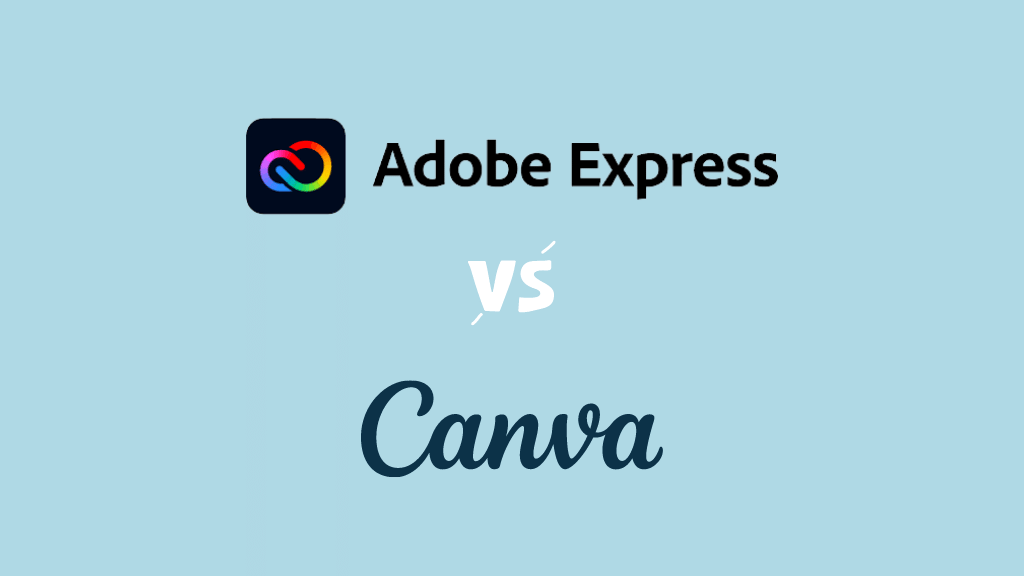

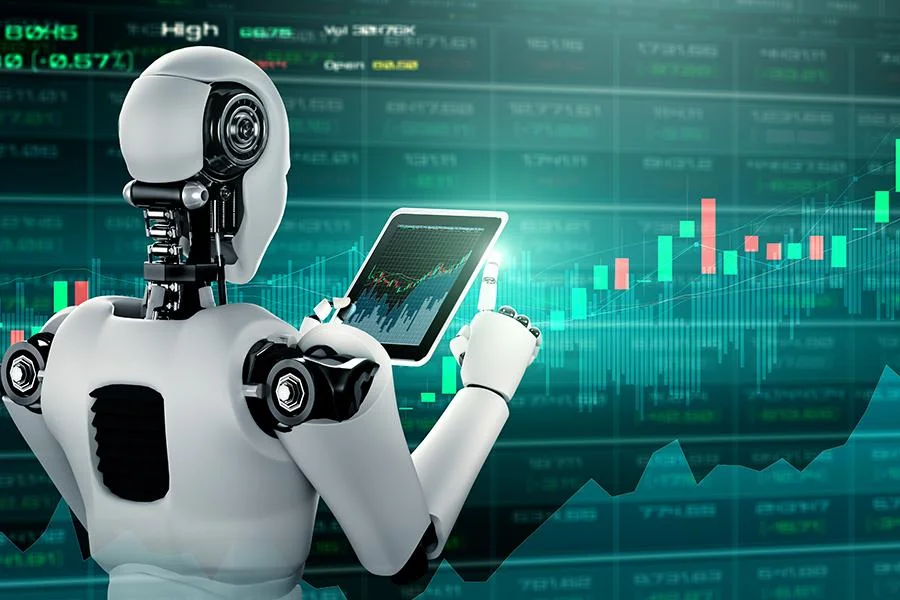


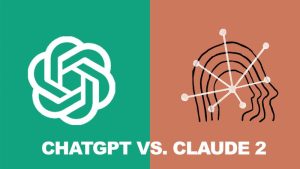


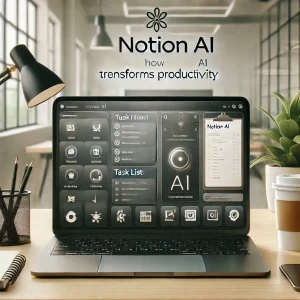

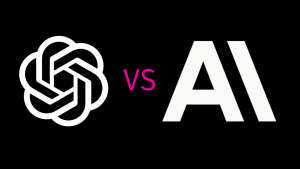
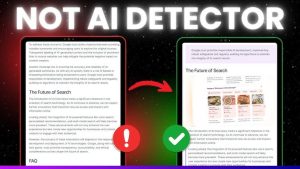
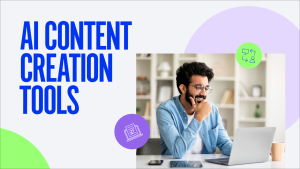
Post Comment